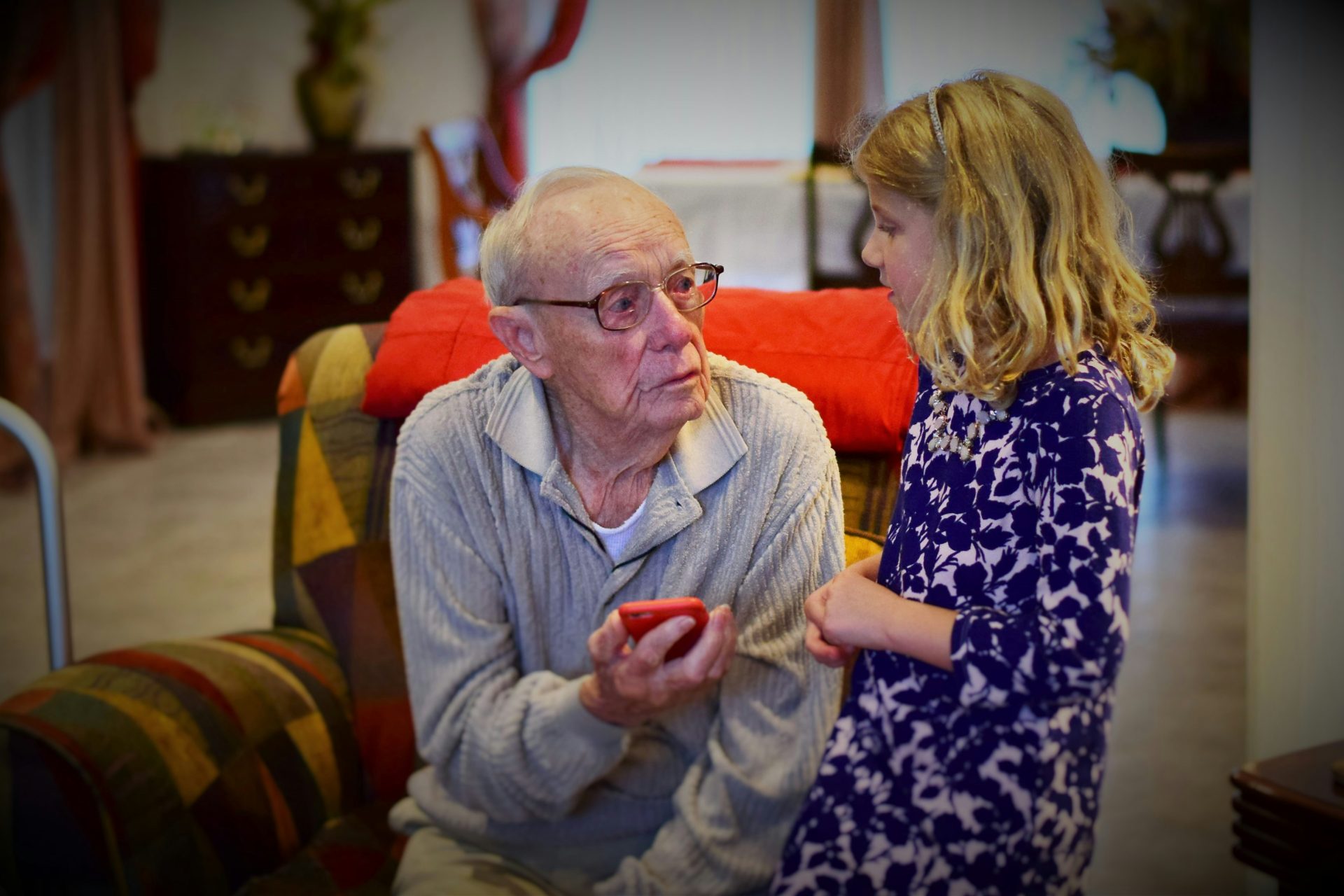When dementia breaks out in the family, keeping children in the dark about their grandparents’ illness while thinking of protecting them has the opposite effect. They will end up giving themselves the answers they are looking for, generally the most catastrophic ones, when instead they would be reassured by a clear explanation. «You don’t have to pretend that everything is fine, children immediately realize that something is wrong. They wonder why their grandparents no longer pick them up from kindergarten, because they always ask the same questions and they no longer remember how to play that game they always played together” he explains Francesca Arosio, psychologist and consultant of the Alzheimer Federation. «Already at three or four years old, children have the cognitive resources to understand, you just need to use the right words». After all, it’s about talking about something that happens before their eyes and which concerns people they know very well and are often their idols, their grandparents.
Dare simple and sincere answers, encourage them to ask questions and explain what to expect. «Make use of concrete examples of errors or behaviors committed: If grandfather put the keys in that place it is because of illness; For the little one, the connection with reality is important” explains the psychologist. Avoid reducing the disease condition to a memory problem, otherwise the child is unable to explain the various other oddities of behavior, mood, language compared to before. Reassure children that, even though they no longer recognize them, grandparents continue to love them and that any strange behavior or unusual reaction does not depend on them but on dementia. “It is important to reassure the child that he is not alone, that he is together with the others in the family in all of this.” Often, then, there is the fear that the same can happen to mom and dad: «Again, it is useful to refer to concrete examples: Like you, I also had a grandmother with white hair who later died. I’m not like that yet, she looks at my hair and my skin, so don’t worry, it won’t happen to me now.”.
Talk openly about death and to never use imaginative terms such as “he flew away”. Be clear, so as not to fuel the child’s imagination and fantasies. In this, it can be helpful to grasp ideas from the natural world, the falling leaves or the dead insect in the park, universal examples that also make death such. «The child experiences death, from television or in games, without having yet encountered the negative emotions that accompany it» explains the psychologist, who adds «This is mainly a problem for adults, who must learn to live their own experiences openly. emotions of pain without hiding or putting up a wall. Also because it affects the trust that the child has in them and the fact that he may feel mocked by the lack of sincerity.” Trust brings us directly to the last tip, regarding grief management.
Don’t leave your child out, not even when it comes to social rites like a funeral that may seem too painful but help in processing. «If the family believes that the funeral will be too complicated to manage, organize a moment of farewell with the grandfather or grandmother, when he or she is getting worse or after the death. It is also useful to avoid the risk of new fears: if grandfather left suddenly and I didn’t know it, you too can disappear like that».
After that, grandparents with dementia benefit from the closeness of the little ones in terms of cognitive functions, as demonstrated by some studies also conducted on healthy elderly people who carry out babysitting activities. «Doing activities together, sharing time perhaps without needing to talk much, is a good idea; I suggest that parents leave the child free to interact and, if necessary, observe him unseen, without too many caveatbecause thebeing non-judgmental of the child, that perhaps winking at the grandfather who makes a mistake, is good for the person with dementia».
Photo on Tim Kilby su Unsplash
